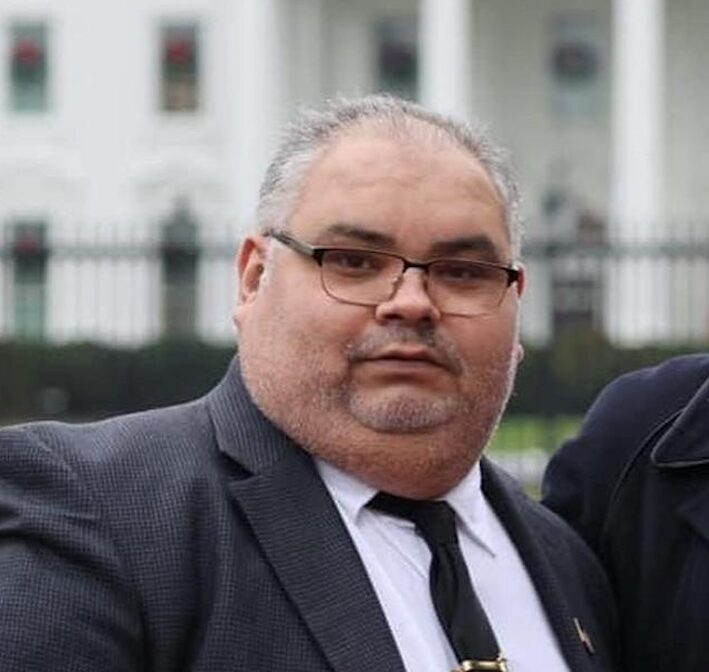Deny Dobobrov is an American Roma born in the USA to an immigrant family from former Yugoslavia. He is serving as Director of International Relations and Permanent Representative to the UN for the World Roma Federation, an organization established in New York in 2013.
The entrance of politicians with openly anti-Roma views into the European Parliament, coupled with the absence of Roma representation, is deeply concerning. This trend reflects a broader shift towards populism and nationalism across Europe, where minority rights are often undermined. The removal of Dan Doghi from his position in the European Commission is particularly troubling, as it indicates a lack of commitment to Roma inclusion at the highest levels of EU governance. This development suggests a regression in the efforts to integrate Roma issues into the EU’s policy framework. The lack of representation and support within both the Parliament and the Commission points to systemic issues that need urgent attention and reform.

Ursula von der Leyen, a member of the centre-right Christian Democratic Union (EPP), has exhibited tendencies that can be seen as leaning towards far-right policies, especially when it comes to the Roma issue. The absence of any mention of Roma in her speech during the debate on the election of the new president of the European Commission is indicative of a broader neglect of Roma issues in Brussels. The Roma issue seems to be a taboo topic, possibly due to the lack of political will and the prioritization of other issues deemed more politically advantageous. This silence perpetuates the marginalization of Roma communities and underscores the need for a concerted effort to bring Roma issues to the forefront of the European political agenda. With no support from MEPs or many stakeholders, who will hold the Commission accountable and ensure that Roma inclusion strategies are not sidelined?
The silence of organizations with ‘Roma’ and ‘Europe’/’European’ in their names regarding the situation of Roma in the EU and the developments in Brussels is problematic. Many of these organizations are controlled or funded by non-Roma, which often ties their hands. Other organizations are either not funded at all or lack the knowledge or capacity to even attempt to intervene. Some organizations receive modest funding, such as 50,000 euros, and then conduct seminars, webinars, and other projects that fit the non-Roma agenda, with little actual impact. In the past two years, there have been zero funding opportunities, leaving many organizations that used to compete for these funds in a difficult position. The superficial representation – observing, consulting, and serving as experts – will never get us anywhere. I have correspondence from the highest EU Officials to prove this. If Roma organizations remain silent and ineffective, how can we ever hope to ignite the political will needed to bring about real change?
The role of Roma media is indeed crucial in this context. By providing comprehensive and accessible information about the situation of Roma, Roma media can help ensure that these issues reach a broader audience and generate the necessary awareness and reactions. However, it is just as important that this article reaches MEPs and EU officials themselves to ensure they are aware that there are educated Roma who understand what is going on and the gravity of the situation. I would also suggest sending similar questions to certain individuals within the Commission itself to directly address these concerns and prompt some sort of response.
![]()
Discover more from EU Romapress
Subscribe to get the latest posts sent to your email.


